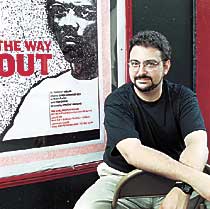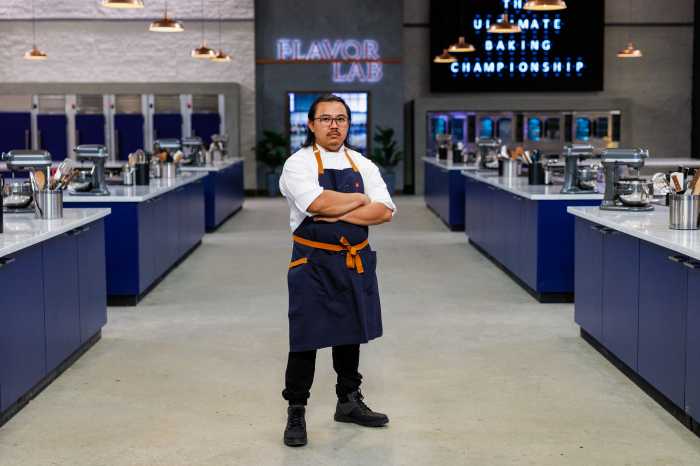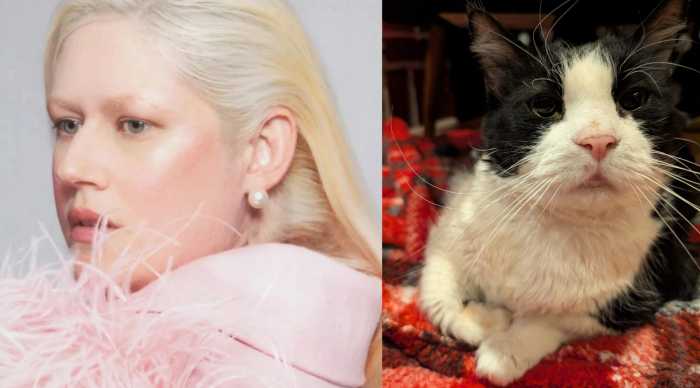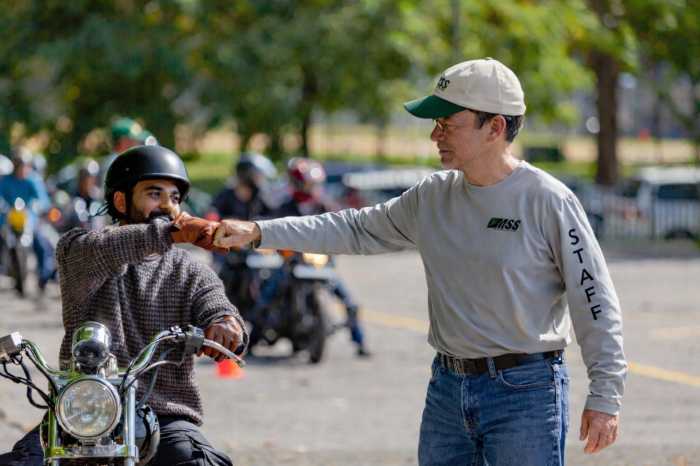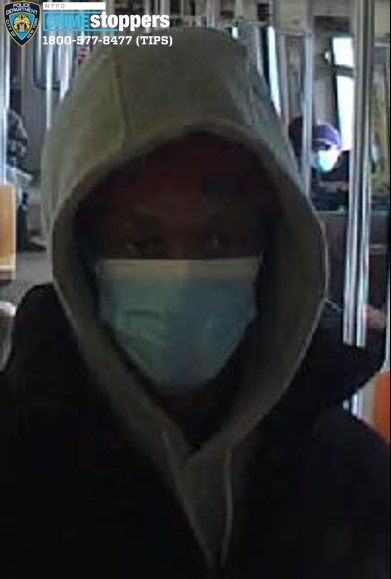In the 1960s Rubin "Hurricane"
Carter, a black middleweight boxer with a criminal record, was
convicted in trial and re-trial of a triple murder in a Patterson,
NJ, bar.
Depending on circumstantial evidence, many people felt the trials
were racially motivated and unfair and the evidence somewhat
dubious.
The case became a cause celebre for many radical groups. In 1975,
Bob Dylan released the song "Hurricane" about the case.
Carter was finally acquitted in 1985 on appeal, and in 1999,
Carter’s story was made into a movie, "The Hurricane,"
directed by Norman Jewison and starring Denzel Washington as
Carter, a role that earned him an Academy Award nomination.
For Brooklyn Heights playwright Timothy Nolan, the Carter case
signaled an end to childhood innocence. Thirty years later Nolan
wrote his own play about Carter, "The Way Out," now
on stage at Manhattan’s Chelsea Playhouse.
"When I was growing up there were a lot of law enforcement
people in my family, and the ethic was if you’re arrested for
something, you’re probably guilty," says Nolan. So when
the 1960s trial and retrial of Rubin "Hurricane" Carter
proved that such is not always the case, Nolan says, "It
was the first time in my life that I started to doubt that premise."
"When you’re young, you live in a world that’s right and
wrong and those rights and wrongs are very clear," Nolan
explains. "This was the first time that I saw that other
factors, like race, come into play."
"The Way Out" is Nolan’s fifth play. In 1995 Nolan
and his wife, Susannah, founded Present Tense Productions, a
company dedicated to the development and production of new plays.
For the first few years, their company was in residence at Synchronicity
Space at 55 Mercer St. Then Synchronicity Space closed and the
Nolans found a new home at The Chelsea Playhouse, 125 West 22nd
St.
It was during the production of Nolan’s 1996 play, "The
Bull Ring," that Nolan met boxer and actor Shiek Mahmud-Bey.
Like Carter, Mahmud-Bey was a middleweight. Together playwright
and actor developed their idea of a play based on Carter’s life.
"I wanted to write something for him, and he wanted to work
in something I was doing," says Nolan. "This idea gave
us the opportunity."
"The Way Out" is an impressionistic play that presents
Nolan’s view of what might have been going on in Carter’s mind
when he stood before federal Judge Lee Sarokin (played by Tod
Engle), the person who ultimately acquitted Carter of the crimes.
As Carter speaks to the judge, he replays in his mind the events
leading him to that point.
"It’s a struggle for faith over fear and belief over hatred,"
says Nolan. Although the play is in many ways a fictionalized
account, Nolan says that he "tried to remain true to the
facts." Thus the play reflects Carter’s growth from a man
filled with fear and hatred to a man who realizes that fear and
hatred are not going to get him out of jail. In the end, Carter
comes to believe that there are honest people who will listen
to him and help.
Nolan says that the play, as staged by director Vincent Marano,
"becomes a very intense journey through [Carter’s] mind."
"The Way Out" is produced by Nolan’s longtime collaborator,
his wife. In fact, according to Nolan, the whole family is involved
in theater: their 4-year-old daughter, Olivia Rose, loves being
on stage and cuts out paper tickets for pre-school productions
and organizes plays with her friends.
The Nolans moved to Brooklyn Heights from Greenwich Village five
years ago because they liked the family friendly neighborhood.
At the same time, they remain active in the Manhattan theater
scene, working on their own plays and nurturing playwrights through
writers workshops.
As for the controversy over the Rubin Carter case, it has not
yet been resolved. But Nolan is more interested in the psychological
and spiritual development of Carter than the actual facts, which
may never be determined. The result is a play that centers around
the character portrayed by Mahmud-Bey, who brings life to Nolan’s
conjectures.
"It’s unusual for a white man to write about this,"
said Nolan. "But the play is not about a black man so much
as it is about how white people see black people and the damage
that can cause. The play is a racial parable. I want people to
recognize their own fears and prejudices and acknowledge them,
so they can be overcome."
"The Way Out" runs through
July 28, Wednesday through Saturday at 8 pm and Sunday at 3 pm.
Tickets are $15. The play is appropriate for adults and teenagers.
The Chelsea Playhouse is located at 125 W. 22nd St. in Manhattan.
For reservations call (212) 462-3274.


